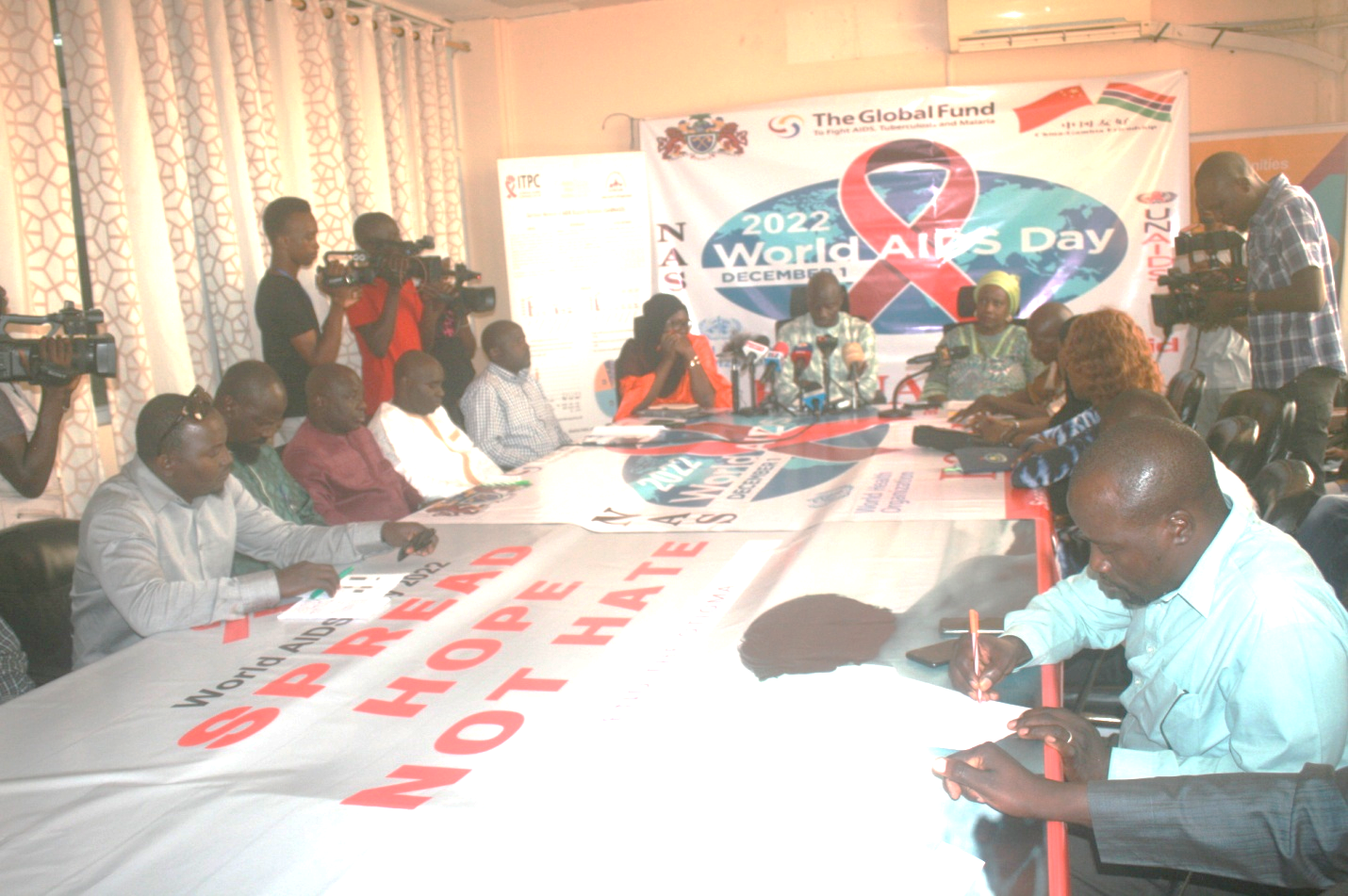By Binta Jaiteh
The Minister of Finance and Economic Affairs, Honorable Mambureh Njie, has presented that the government local fund (GLF) expenditure as at end of December 2021 was spent D20,83 billion with a 6% increase in comparison to the end of 2020.
Updating the National Assembly on the monitoring and implementation of the Annual Budget relating to government budget execution as at end of 2021, he said the breakdown of this experience also indicates 24 per cent spent on other recurrent expenses, while expenditure on personal emoluments amounted to 22% of total expenditure for the period.
Meanwhile, in his presentation, he said the expenditure on subventions was equivalent to about 18% of total expenditure while debt service and capital development expenditures accounted for 22% and 18% of total expenditure, respectively.
“Other recurrent expenditures decreased from D5.74billion in 2020 to D4.96 billion in 2021, this represents a decrease of 14% in other recurrent expenditures, with only 85 % of its approved budget spent over the period,” he explained.
The Minister went on that the personnel emoluments (PE) increased by 12% over the period, rising from D4.07 billion in 2020 to D4.56 billion in 2021, while debt service also increased by 8% year-on-year to D4.53 billion (from D4.21 billion in December 2020).
However, capital development registered the highest increase by expenditure class, registering a 72 per cent increase in comparison to 2020, “in essence, it increased from D2.22 billion in 2020 to D3.83 billion in 2021 mainly as a result of commitment on Roads and Bridges,” he disclosed.
The top three spending Ministries during the period under review, according to him, are Ministry of Basic and Secondary Education (D2.83 billion), Ministry of Transport, Works and Infrastructure (D2.76 billion), and the Ministry of Health (D 1.69 billion).
In terms of absorption rates, the Minister said, about 40 percent of Ministries, Departments, and Agencies absorbed more than 100 percent of their initial approved budgets for 2021, and “this includes the Independent Electoral Commission (IEC), whose budget absorption rate was 124%, mainly due to expenditure on Voter Registration and election activities which was made possible through the Supplementary Appropriation (SAP).”
Similarly, “the Ministry of Transport, Works, and Infrastructure (MoTWI) absorbed 40% more than its approved budget, while the Ministry of Information and Communications Infrastructure (MoICI) absorbed 39% more than their initial approved budget. The over-absorption for MoICI can be attributed to expenditure on subventions (GRTS election-related activities) contributions to International Organizations and ICT infrastructure,” he divulged.
However, the top spending budget line items are: Subventions (D2.91 billion), Roads and Bridges (D2.19 billion), Operating Costs (D520 million), Settlement of Confirmed Debts (D516 million), Travel Expenses (D319 million), Food & Food Services (D301 million), Vehicles (D291 million), School Improvement Grant (D289 million), General Pension Benefits (D244 million) and Purchase of Fuel and Lubricants (D228 million). While Expenditure on Roads and Bridges amounted to D2.19 billion which represents a 133% absorption rate in comparison to the initial approved budget of D 1.6 billion, he added.
Meanwhile, absorption for Food and Food Services was 111 per cent for the period and was mainly due to the expansion of the School Feeding Programme under the Ministry of Basic and Secondary Education and the feeding of security forces.
The Ministry of Finance and Economic Affairs, he said, does monitor the annual budget execution. The Ministry monitors budget execution performance of all MDA on a monthly basis and publishes fiscal data on the website of MOFEA for transparency purpose. Physical monitoring missions and Site visits are also conducted to assess progress relating to implementation of project activities funded by both Government and Development Partners.
Honorable Njie noted that they are still recovering from the impact of the COVID-19 pandemic and to consolidate on their reforms within the public finance landscape, the Ministry of Finance and Economic Affairs intends to work with all sectors to implement prudent fiscal policies in line with our national development objectives.
Furthermore, he said they will also continue to collaborate with all their partners in Government to ensure more resources are made available to critical sectors, including Health, Education and the Security sector.
“Managing public resources is a sacred trust that we take very seriously at the Ministry of Finance and Economic Affairs. We are also aware that this August Assembly believes the same and remains committed to playing a critical role in this process. Therefore, our fervent hope that as partners, the Government of The Gambia, through the Ministry of Finance and Economic Affairs and the National Assembly will continue to collaborate and deliver to the Gambian people, the sustainable development outcomes they richly deserve,” he assured.





